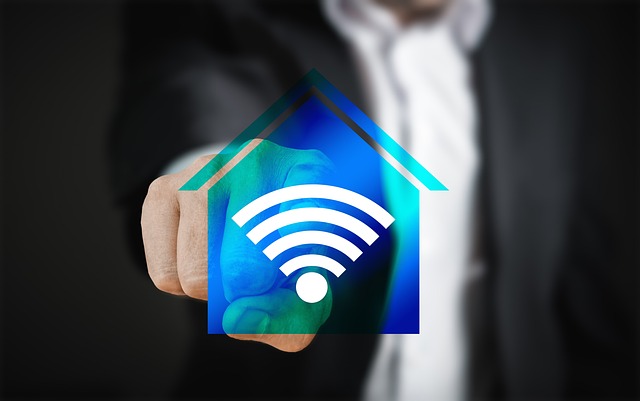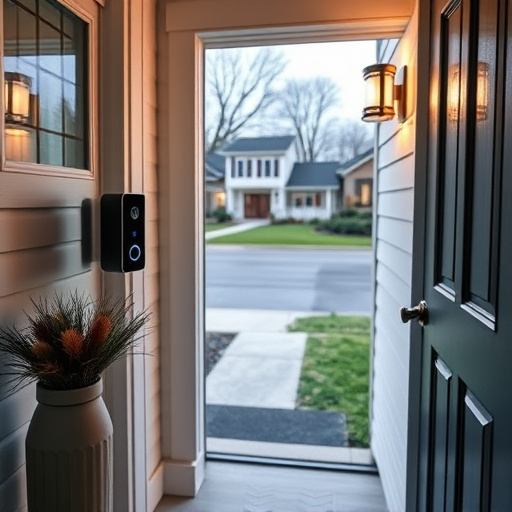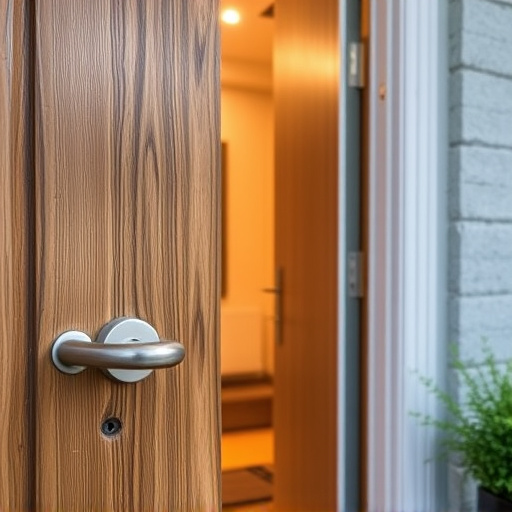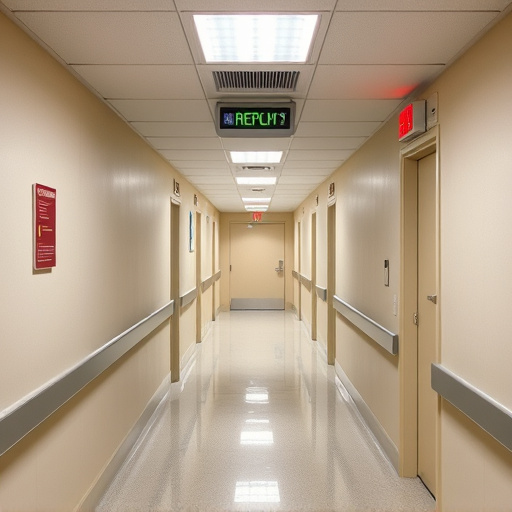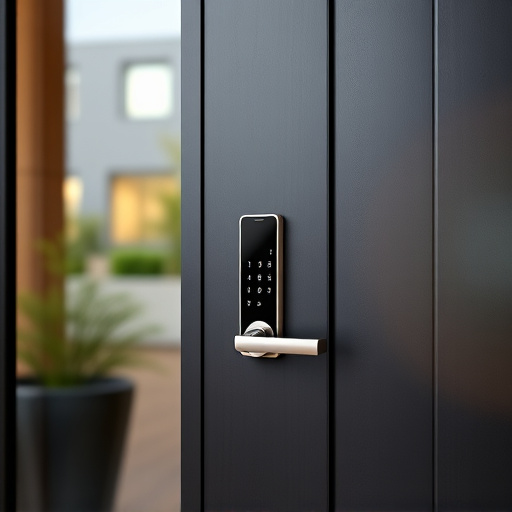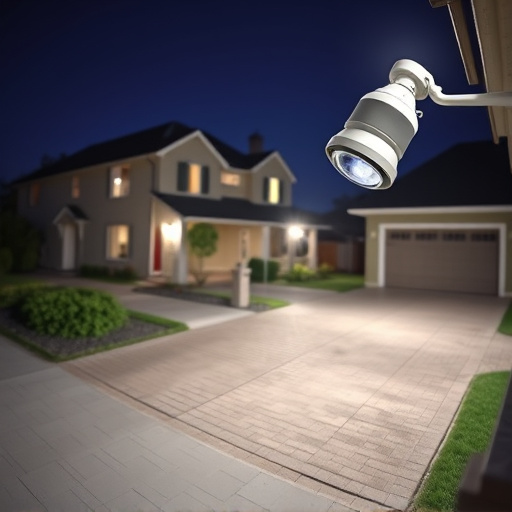Professional security monitoring offers 24/7 protection, advanced alert systems, and remote access to live feeds, but comes with high costs, privacy concerns, and false alarm issues. A thorough security service evaluation is crucial to balance the benefits—like increased safety and peace of mind—against drawbacks to ensure a service aligns with individual needs. Consider factors like reliability, coverage options, cost, and privacy when assessing professional monitoring services. DIY solutions offer flexibility and cost savings but lack advanced features; decide based on home layout, vulnerabilities, lifestyle, and desired level of protection.
Professional security monitoring offers homeowners advanced protection, but it’s not without its advantages and disadvantages. This comprehensive guide explores both sides of the coin, providing an in-depth look at home monitoring. From enhanced safety and peace of mind to potential privacy concerns and cost implications, we dissect the benefits and drawbacks. Learn key factors for evaluating security service quality and discover success stories through case studies. Understand when and why professional monitoring is necessary for your secure living.
- Understanding Professional Security Monitoring: A Comprehensive Overview
- Benefits of Home Monitoring: Enhanced Safety and Peace of Mind
- Drawbacks of Monitoring Services: Potential Privacy Concerns and Cost Implications
- Evaluating Security Service Quality: Key Factors to Consider
- Case Studies: Success Stories and Lessons Learned in Home Monitoring
- Assessing Your Needs: When and Why Professional Monitoring is Necessary
Understanding Professional Security Monitoring: A Comprehensive Overview

Professional Security Monitoring is a comprehensive service that involves the round-the-clock surveillance of your property and assets by trained security professionals. This can range from monitoring cameras, alarms, and access control systems to responding to intrusions or emergency situations promptly. Understanding the advantages and disadvantages of this service is crucial for any homeowner or business owner considering it.
On the benefits side, professional security monitoring offers enhanced safety and peace of mind. It provides rapid response to potential threats, ensuring quick action in case of an actual incident. Moreover, many modern monitoring services integrate with smart home systems, offering advanced automation and easier management of your security. Regular monitoring can also deter criminals, as they often target properties without visible security measures. However, there are drawbacks to consider as well, including cost, privacy concerns, and potential false alarms. The high price point of these services might not be feasible for everyone, and the constant surveillance could feel intrusive. Additionally, while aiming to reduce false alarms, the systems can sometimes trigger alerts unnecessarily, leading to wasted time and resources. A thorough security service evaluation is essential to determine if professional monitoring aligns with your specific needs and preferences.
Benefits of Home Monitoring: Enhanced Safety and Peace of Mind
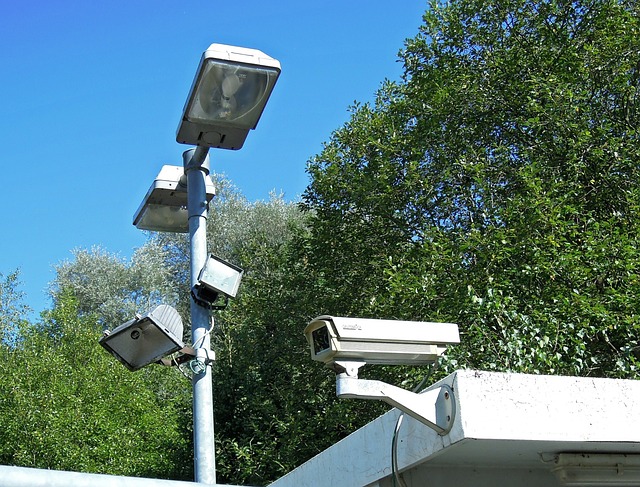
One of the primary advantages of professional security monitoring is the enhanced safety it offers homeowners. With 24/7 surveillance, advanced alert systems, and quick response times, potential intruders are deterred, and any suspicious activities can be promptly addressed. This peace of mind is invaluable for individuals who want to ensure their homes and families are safe from theft or harm. Home monitoring allows property owners to remotely access live feeds, receive instant alerts for unauthorized entries, and communicate directly with security operators, providing them with a sense of control and security.
When evaluating security services, considering the benefits of home monitoring is crucial. It gives homeowners the power to stay connected and informed about their properties’ security status. However, it’s essential also to weigh the drawbacks, such as potential privacy concerns, false alarm issues, and varying service quality from different monitoring providers. A thorough assessment of these factors will help individuals make an informed decision when choosing a security service that aligns with their needs.
Drawbacks of Monitoring Services: Potential Privacy Concerns and Cost Implications
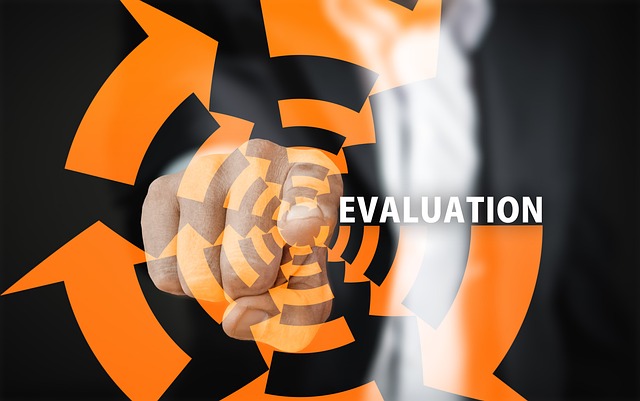
While professional security monitoring offers numerous benefits, such as enhanced safety and peace of mind, there are also notable drawbacks to consider during a security service evaluation. One significant concern is privacy. As monitoring services often require installation of cameras and other devices within homes or businesses, it raises questions about data collection and potential misuse. Property owners must ensure that their consent is obtained for every aspect of monitoring, and they have the right to know how their personal information will be stored and protected.
Moreover, cost implications are another critical factor in the drawbacks of monitoring services. These services can be expensive, with initial setup fees and ongoing monthly charges. For individuals or businesses on a tight budget, these costs might not be feasible. It’s essential to weigh the benefits of home monitoring against these financial considerations during the security service assessment process.
Evaluating Security Service Quality: Key Factors to Consider
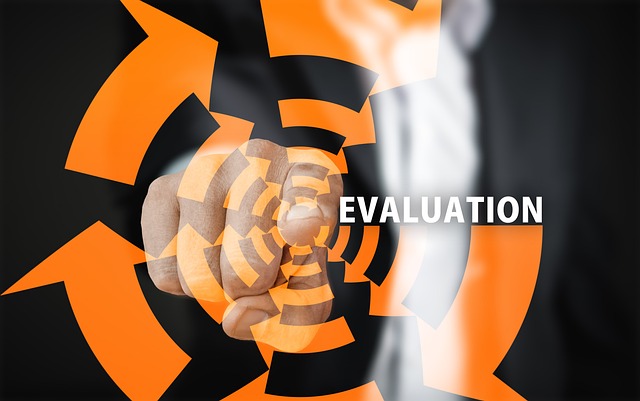
When evaluating professional security monitoring services, several key factors come into play. The first is reliability and response time. Effective home monitoring involves quick responses to alerts, ensuring that any potential issues are addressed promptly. This includes 24/7 availability of monitoring personnel and advanced technology capable of detecting unusual activities accurately.
Another critical aspect is comprehensive coverage. A top-tier security service should offer a wide range of monitoring options, such as video surveillance, motion sensors, glass break detectors, and door/window contacts. Moreover, the ability to integrate smart home devices further enhances security by providing a holistic approach to protection. Benefits of home monitoring include increased safety and peace of mind. However, assessing these factors against potential drawbacks like cost, privacy concerns, and service limitations helps in understanding the full picture before choosing a monitoring service.
Case Studies: Success Stories and Lessons Learned in Home Monitoring

Case studies offer valuable insights into the real-world application and outcomes of professional security monitoring, particularly in home settings. Success stories highlight the benefits of home monitoring, such as increased peace of mind for homeowners, rapid response to potential threats, and advanced technology that allows for remote access and control. For instance, a study of a retired couple living alone showed how a comprehensive security system, monitored by professionals, prevented a break-in attempt, ensuring their safety during an emergency.
Lessons learned from these case studies also reveal the drawbacks of monitoring services. Some homeowners expressed concerns about false alarms, high costs associated with professional monitoring, and privacy issues related to remote access. A detailed security service evaluation should consider these factors, as well as individual needs and preferences. Ultimately, a balanced perspective on home monitoring pros and cons is crucial when determining whether or not to invest in a professional security monitoring system.
Assessing Your Needs: When and Why Professional Monitoring is Necessary

When considering professional security monitoring, it’s crucial to first assess your specific needs and circumstances. While DIY security solutions offer flexibility and cost savings, they may lack the advanced features and continuous expertise provided by security service providers. Professional monitoring becomes necessary when you seek enhanced safety measures, such as rapid response to alarms, 24/7 monitoring, or advanced analytics like video verification of intrusions.
A thorough security service evaluation should factor in your home’s unique layout, potential vulnerabilities, and lifestyle considerations. For instance, empty homes during extended periods may benefit greatly from professional monitoring, ensuring immediate alertness to any potential threats. Conversely, those with busy schedules might find it more practical to invest in robust DIY systems that still offer basic protection without the associated monitoring fees. Balancing the benefits of home monitoring against its drawbacks will help you make an informed decision tailored to your safety and peace of mind.

